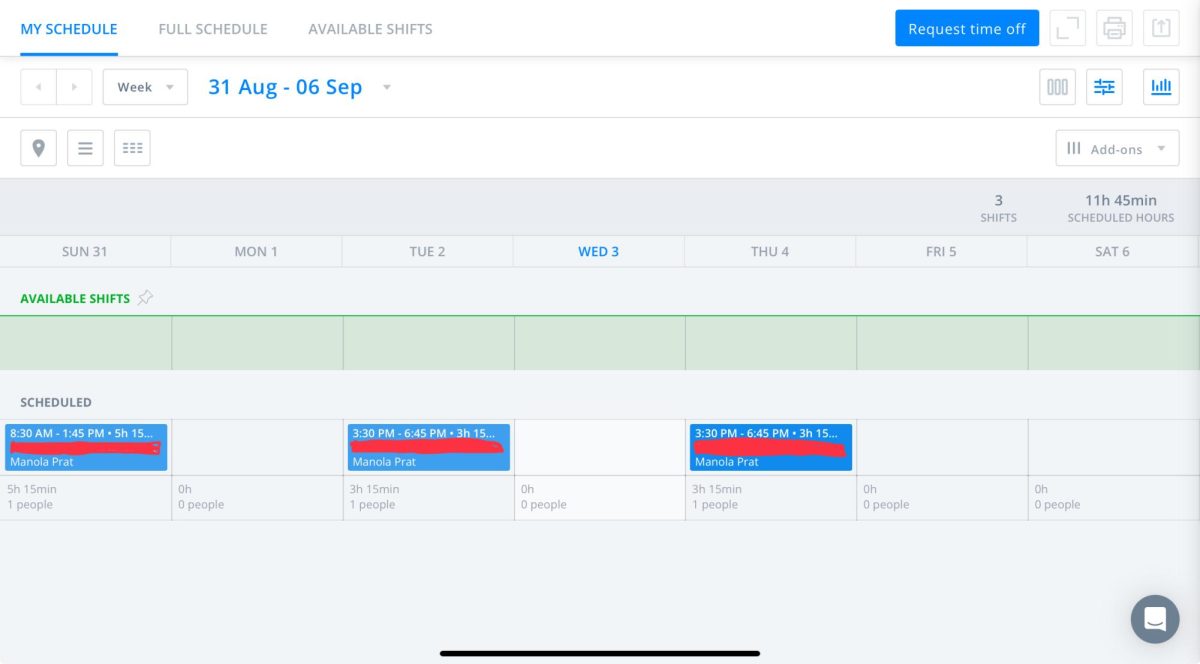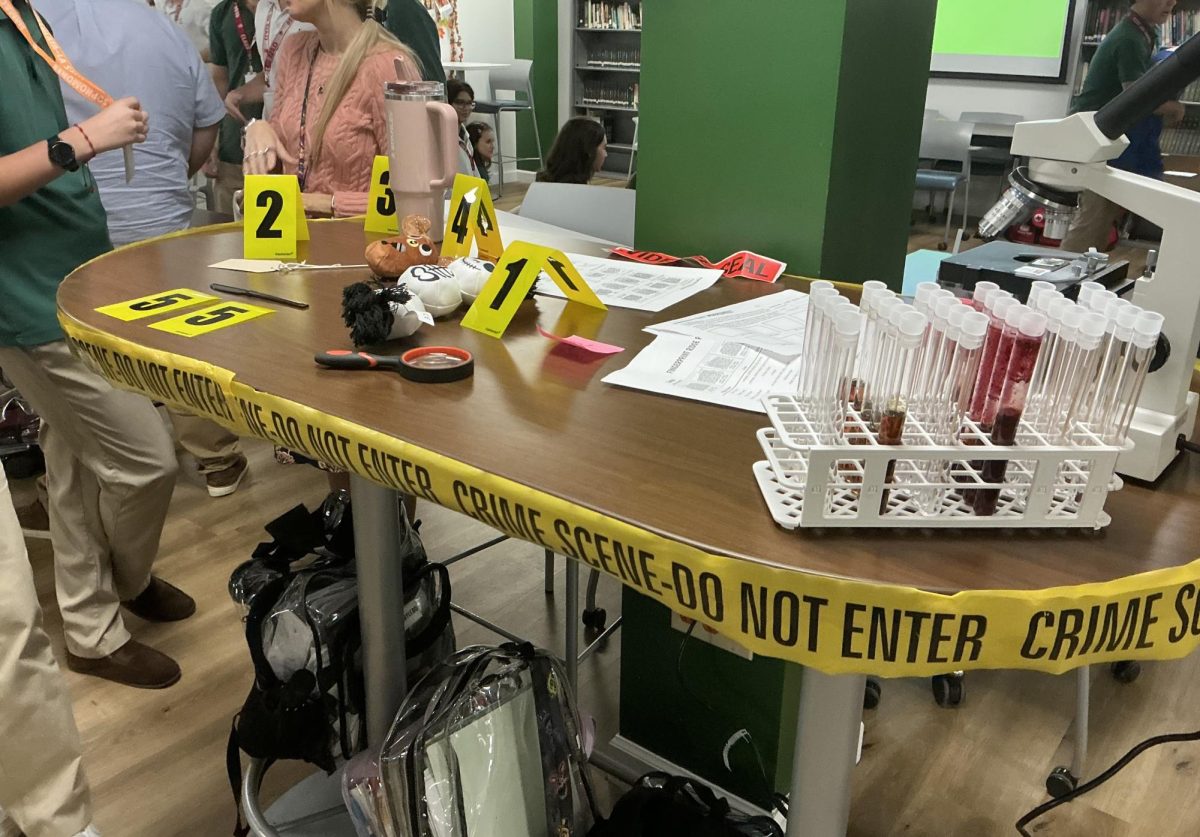Part-time jobs are vital for teenagers because they teach responsibility, time management, and financial independence. The classroom alone cannot teach certain life skills, but real-world experiences can.
Many teens have found the value in getting part-time jobs. While it sometimes proves to be overwhelming with school, sports, and other extracurriculars, the benefits often outweigh the costs.
First off, earning their own money can give teens a sense of autonomy. Teens learn budgeting, saving, and responsible spending habits, all the while also feeling direct rewards for their hard work. The responsibilities that come with an official job also build discipline, accountability, and reliability. These invaluable skills can help teens be better prepared when entering the workforce and college. Communication, teamwork, problem-solving, and oftentimes customer service all are vital parts of life beyond high-school.
Upperclassmen often feel the benefits more than most. Some use the money to pay for gas, going out with friends, or shopping, all while gaining work experience that looks good on college applications and resumes.
“A lot of my friends have jobs and say it’s the best. I can really see how much financial freedom they have when we go out,” said junior Ana Poleo.
Even small jobs show initiative and responsibility to colleges and employers.
Employers and coworkers can even become future references, recommendations, or mentors. Finally, a job can help teens avoid idle time by keeping teens busy, making them less likely to waste time or get into trouble. Junior Lorenzo Lopez said, “
For underclassmen, a job can help teens network and teach the value of money and budgeting early, while also building confidence and independence outside of school.
Sophomore Nico Loughlin said,
Teens can also try different jobs to figure out what industries interest them, and what may not be the best fit.
Whether for the summer, for the year, for a week or for the season, having a job is something that every teen should experience at least once during their high school and college years.









